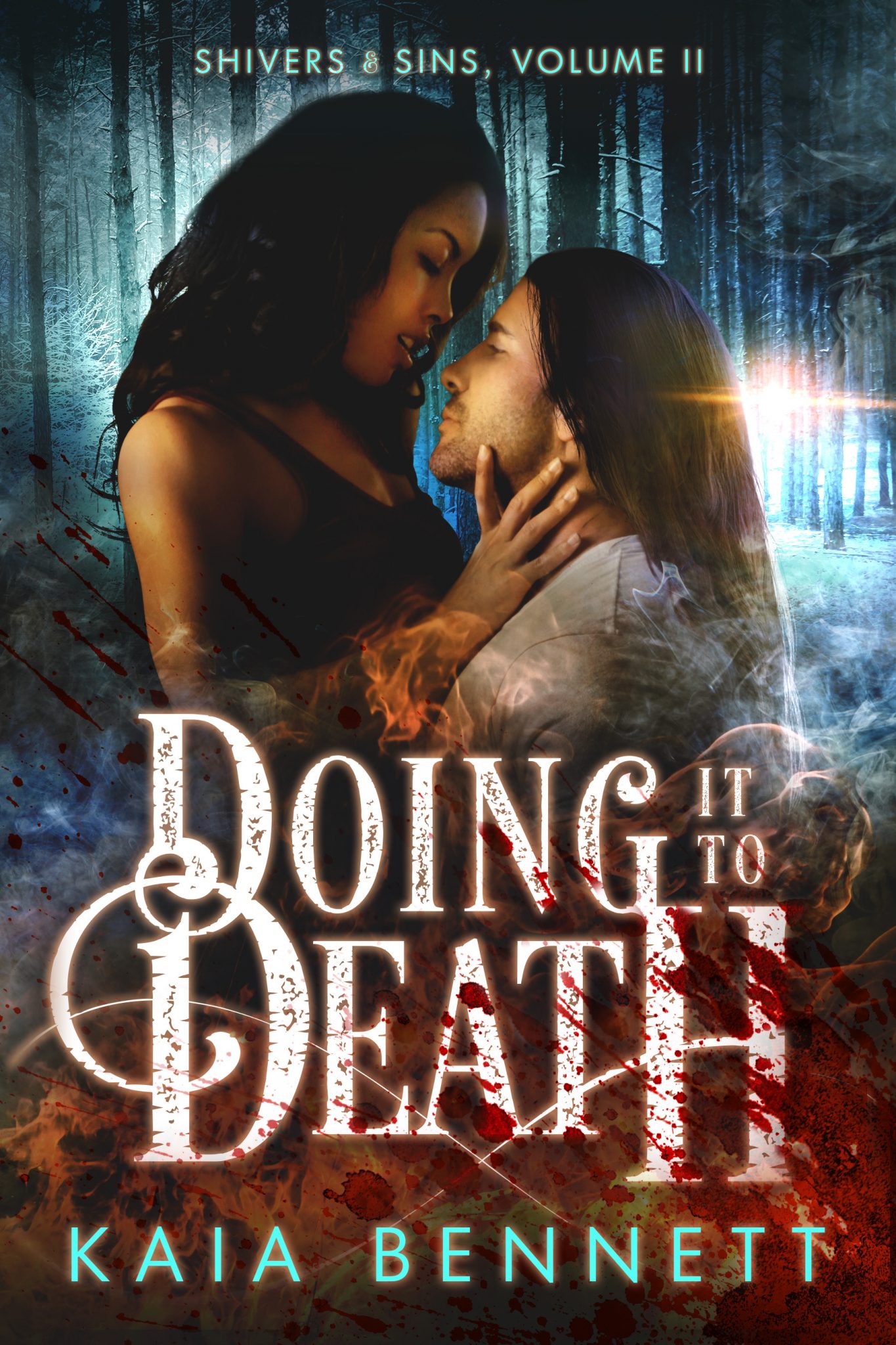Stop thinking about art works as objects, and start thinking about them as triggers for experiences. That solves a lot of problems. Art is something that happens, a process, not a quality, and all sorts of things can make it happen … [W]hat makes a work of art ‘good’ for you is not something that is already ‘inside’ it, but something that happens inside you. ~ Brian Eno
I was mulling over this quote, and while I find that every “this is what writing/art is” quote lacks something, I’ve determined that I like it. I like that it treats the process of creating and taking in a creation as something that is neither right nor wrong. It’s wholly personal and yet we share it with each other. Even if others agree, at the end of the day it’s all about the process of taking in or discarding something we were engaged with. We have our individual criteria for what makes a piece of art successful, right, good, and in the end, even if it’s none of those things we can still love it.
A funny parallel came up when I was trying to find something to write about for Luscious Literaries Blog (if you haven’t already check them out, I’ve written a few posts for them you won’t find here). This article about Empire Records, it’s influence, and it’s 20th anniversary came up on my Tumblr and hit me right in the heart.
How Empire Records Became the Unlikely Film of a Generation
Empire Records is one of my favorite films. It is by no means perfect. It was a box office flop, it has the same narrow lens that The Breakfast Club did (one put upon adult and a bunch of teenagers with baggage), and some of its music is better known than the film itself. And yet I know every word. I love it and when it comes on, I don’t care if it’s the opening credits or the final shot on the rooftop, I will stay there and relive a piece of myself until it fades to black.
Funny thing is, I’m not alone. Despite it’s inability to snare its target audience in a theater in 1995, Empire Records just celebrated its 20th anniversary with a big screening in L.A.
So how does a box office flop, one that director Allan Moyle once thought was the biggest failure of his career, become a cult classic that people all over the world love?
Who knows? Maybe it was all the love poured into it by the cast, that rag tag group that would go on to be stars in their own right, or recognizable faces on our TV screens. Maybe it was because it was an experience like no other for them in their young lives, and that made it authentic all these years later in every scene. Maybe it was time. Some art doesn’t work despite budget, talent, great music and hard work without that extra ingredient we can’t control.
What I do know is that Moyle had no idea what an impact the movie had until his cast told him he should see it at that screening 20 years later. The man who wrote off his own film as a failure, ended up saying, to quote the article, it was “the premiere Empire Records never had”. He got to see how much people loved that movie, how they knew all the words and all the songs, and how they danced to the final scene for the thousandth time, dressed up like the characters. He got to see them experience the film he loved, right, wrong, flop, success. In that moment it was all of those things and none. It was something thousands of people loved enough to share in the experience of celebrating. They were happy it existed. A failure, and yet a bright shining success.
It’s just a movie about teenagers and a record store manager fighting the inevitable tide of corporate greed. Rather inconsequential in the grand scheme of life. It was supposed to make money in the theater. It didn’t. But it did endure, and I suppose that’s the thing I took away from the quote, from the article and from my love of things considered “failures”. I suppose it’s what soothes me when the slings and arrows of bad reviews and low sales strike me.
It’s not about the right or wrong. It’s not about good or bad. We hope it’s the former and not the latter. We strive for good, we hope we’re doing this right. We put our all into it. Then we let it go. It’s about the experience, ours in creating it, and the audience’s, who will do with our work whatever they wish. Sometimes we can’t control anything but the joy of being in the moment and making something bigger than ourselves. Sometimes we just have to sit back, love something, and let time do the rest.
Damn the man. Save the Empire.

